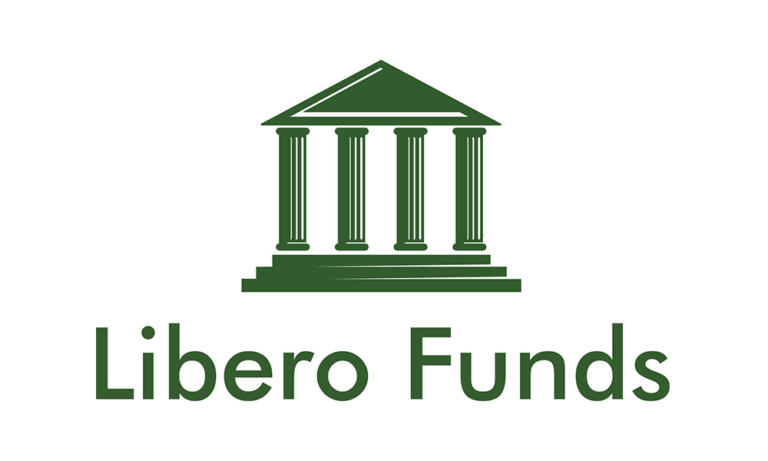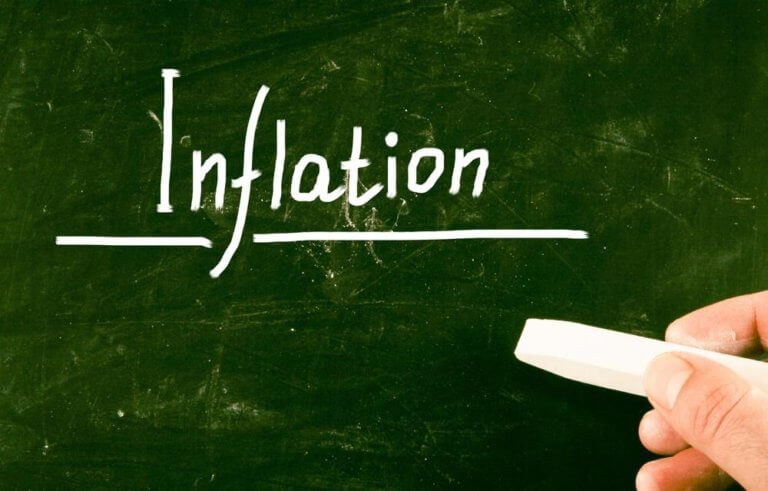The Monthly Cost Equation
The financial difference between renting and buying a condo unit in 2025 is wide in many United States metros. Mortgage rates remain near seven percent, making the typical monthly cost to own about $2768 for a median-priced condo. This amount includes principal, interest, property taxes, and insurance. Monthly rent for a comparable condo is about $1553 on average, but in some larger metros, apartment rent averages near $2000.
Buying a condo in large cities is now, on average, 57 percent more expensive each month compared to renting. For example, monthly costs are 131 percent higher in San Jose, 118 percent in Los Angeles, and 117 percent in Omaha. Austin and Portland follow, with 114 percent and 100 percent higher monthly costs respectively. The difference narrows in places such as Grand Rapids, Pittsburgh, Lakeland, Philadelphia, and Miami, where buying may cost only 1 percent to 18 percent more each month.
Upfront Financial Requirements
Down payments are the biggest initial hurdle for condo buyers. On a $425,000 median U.S. condo, buyers pay $42,500 to $85,000 upfront, depending on whether they make a ten or twenty percent down payment. Closing costs add between $8,500 and $21,250, and buyers cover inspection fees and moving expenses as well.
Renters usually put up one month’s rent as a security deposit plus the first month’s rent before moving in. Some minor administrative fees may be charged. This means most renters pay between $3,000 and $5,000 before moving in, a fraction of a homebuyer’s cash commitment.
Ownership Expenses that Come After Closing
Monthly mortgage payments are only part of a condo owner’s costs. Many spend about $7,319 yearly for utilities and $6,087 per year maintaining the property, which covers tasks like lawn care and appliance repairs. Over time, renovations can average $5,762 each year. Condo owners also pay homeownership association fees averaging $200 to $600 a month.
Property taxes range from 0.8 percent up to 2 percent of a property’s assessed value, adding $3,404 to $8,511 for a condo at this price point. Insurance for owners averages $600 to $1,000 per year. Renters pay less for insurance, averaging $150 to $300 yearly. Renters do not pay property taxes or maintenance fees out of pocket.
Comparing Market Data and Research Sources
People weighing the rent or buy choice often review multiple information sources. These include government housing data, mortgage lender calculators, and a real estate website that lists up-to-date sale and rent prices in a target city. It can be helpful to check recent housing transaction reports and consumer finance studies to gauge real costs.
Other sources might include neighbor forums, builder company listings, and case-study reports from local news outlets. Looking at several types of information reduces the chance of missing any hidden or variable fees that affect the bottom line.
Tax Breaks and Investment
There are federal tax deductions available for homeowners. Mortgage interest and property taxes can be deducted, but upper limits and recent changes in federal law have reduced these benefits in expensive cities. Most renters do not receive any tax deductions for the rent payments they make.
Buyers may eventually gain equity as the property value increases and the mortgage balance drops. Renters keep more cash liquid. If a renter uses the money saved on a down payment and invests it, those funds may gain value at a rate similar to what real estate has offered in recent years, particularly when property prices are steady and expenses are high.
Wealth and the Break-Even Point
For buyers, home equity growth is an argument in favor of ownership. In 2025, the gap in monthly costs and hefty upfront investments raise the threshold at which buying becomes better than renting. It may now take six to ten years to break even in high-priced cities. In smaller or slower-growth cities, the break-even mark is closer to three to five years, especially if price growth resumes or if homeowners keep fees low.
Some renters prefer the flexibility to move if living or work situations develop. They face fewer fees and usually save on both scheduled and unexpected repairs. However, renters may see rent increases each year, though in 2025 those increases are under two percent per year in most cities.
Real City Examples
In Los Angeles, a buyer spending $700,000 for a condo with a twenty percent down payment pays about $4,200 in mortgage alone. Add $500 monthly for association fees, $10,000 yearly for taxes, and $1,000 for insurance. Five years of owning would bring over $300,000 in payments, while a renter’s costs in the same city might reach $175,000, including reasonable increases.
In lower-cost cities such as Grand Rapids or Pittsburgh, the cost difference is minor. Monthly buying costs can nearly match rental payments. Minimal association fees and manageable tax rates help owners reach the break-even point sooner, in about three to five years.
Market Trends in 2025
High mortgage rates keep monthly ownership costs elevated. Required credit scores for buyers are higher and down payment standards are strict. Home prices are mostly flat or growing slightly, at rates of one to three percent after the peak years of rapid appreciation. Rents are increasing at less than two percent yearly. Extra housing built in recent years slows rent inflation, but does not lower it in many popular metro areas.
Opportunity Cost for Renters
Money used for down payments and closing costs does not appreciate while tied up in a home. Someone who rents may put those funds into stocks or other assets. Historical annual gains in the market average about seven percent. This rate compares favorably with home appreciation in much of the country after adjusting for the expenses in property taxes, association fees, and regular maintenance.
Summary Table: Comparing Key Metrics
| Metric | Buying (2025) | Renting (2025) |
| Average Monthly Cost | $2,768-$4,200 | $1,553-$3,000 |
| Upfront Cash Needed | $50,000–$100,000 | $3,000–$5,000 |
| Annual Maintenance | $6,000–$20,000+ | $0 |
| Property Taxes | $4,000–$10,000 | $0 |
| HOA Fees | $2,400–$7,200 | $0 |
| Insurance | $600–$1,000 | $150–$300 |
| Tax Benefits | Yes (limited) | No |
| Flexibility | Low | High |
| Wealth Potential | High (long-term) | Low |
Conclusion
In 2025, renting a condo often costs less each month and requires less cash upfront in most large U.S. cities. Owners can build equity if they stay in place for several years and see property values increase. Buyers in affordable cities may reach the break-even point faster and find homeownership more practical. The right choice depends on market conditions, the length of time planned in the area, and the ability to manage upfront and continuing costs. Reviewing city-specific numbers and checking multiple sources for unbiased information can help guide this financial decision.
























